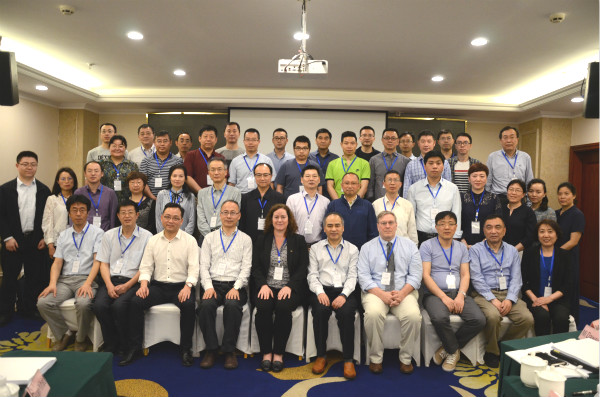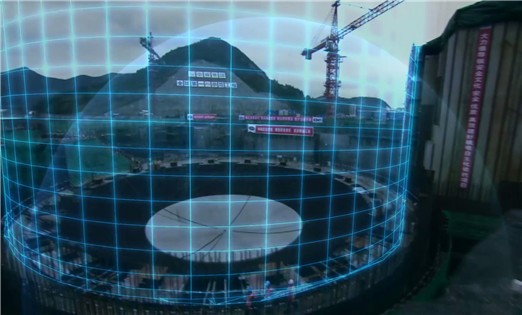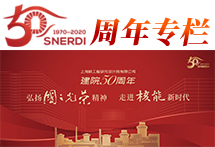ASME BPV (III) CIWG holds working conference
From April 25 to 26, 2019, the American Society of Mechanical Engineers (ASME) Biler and Pressure Vessels Regulation III (BPV III) China International Working Group held its first working meeting in Chengdu, Sichuan. Steven Unikewicz, board member of ASME Nuclear Codes and Standards, Kathryn Hyam, ASME Asia Regional Affairs Manager and 43 experts from the fields of nuclear facility design, manufacturing, safety supervision, codes and standards certification attended the meeting.. The meeting was co-chaired by the Chairman of the Working Group, Mr. Yan Jinquan, vice president and chief enginner of Shanghai Nuclear Engineering Research & Design Institute (SNERDI), and Tang Weibao, Chief Engineer of the Shanghai Electric Nuclear Power Group.

The meeting focused on the compilation of code cases for hydraulic expansion process assessment, the applicability of local membrane stress application limits, the selection of thermal stress assessment codes at high temperatures, the technical hotspots, difficulties and related issues of industry basic research in the field of domestic nuclear facilities construction. The meeting discussed and adopted the draft revision of the management guidelines of the working group.
The conference listened to the reports on“Latest changes of ASME International Working Group on Boiler and Pressure Vessel Codes”, “Latest research progress of ASME OM codes” and “Research progress of ASME BPVC XI “, reviewed 33 technical issues, 16 of them were discussed by attendees to obtain solution, 2 proposals for the formation of the topics would be submitted to the ASME Committee for further consideration., and 15 issues would continue to be studied after the meeting.
The ASME BPV III China International Working Group was established in April 2011 and was jointly constructed by the National Power Investment Group and ASME. After seven years of development, the work of the working group covered the entire industry of nuclear facilities construction, and 46 Chinese experts have been elected to the ASME Standards Committee as members. The working group actively guided industry experts to pay attention to the development, modification, and research directions of ASME codes and standards, and actively advocated domestic experts and scholars to actively participate in ASME in the construction of new nuclear power plants, the impact of water environment on fatigue, and research on non-destructive testing technologies. The joint work has made important contributions to China’s third-generation nuclear power technology going abroad.




